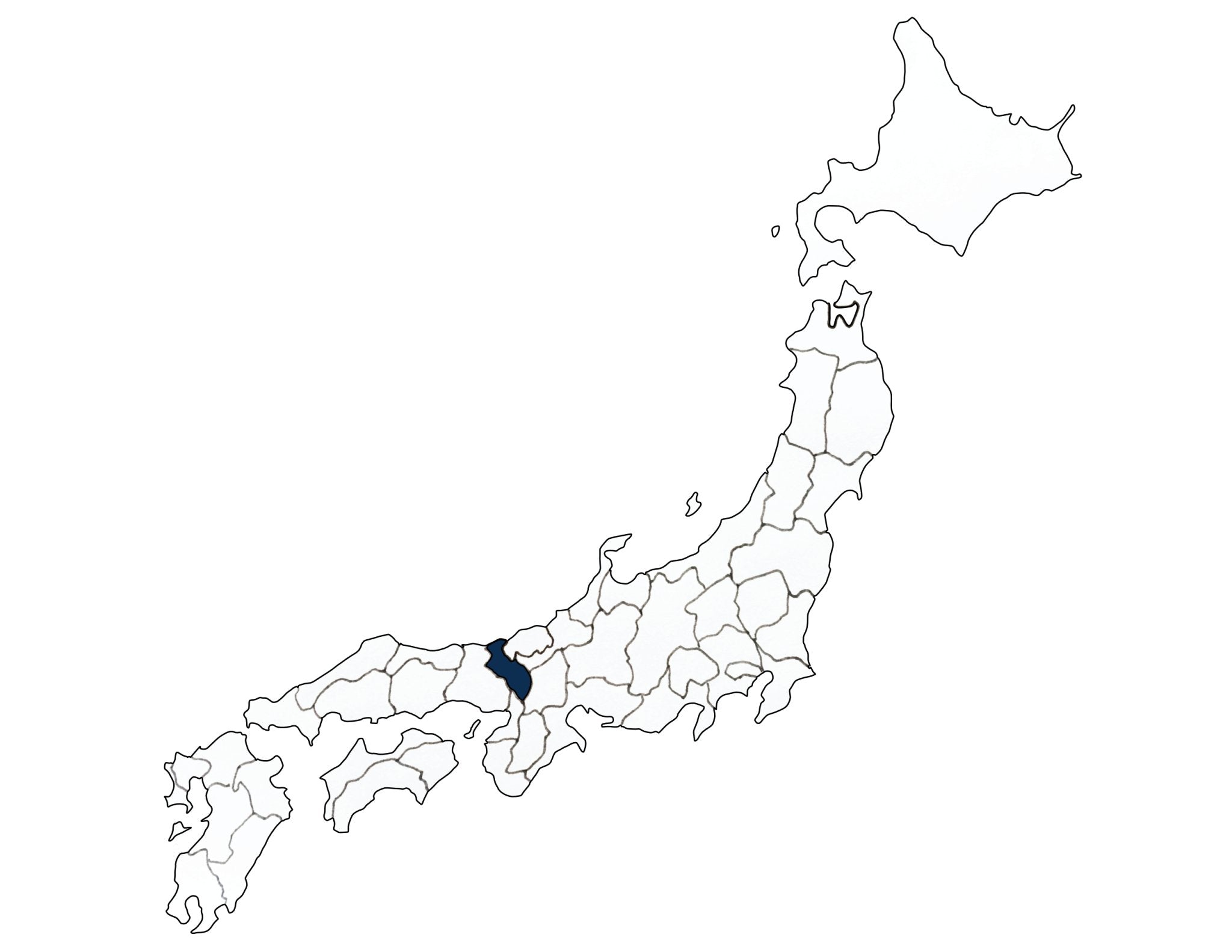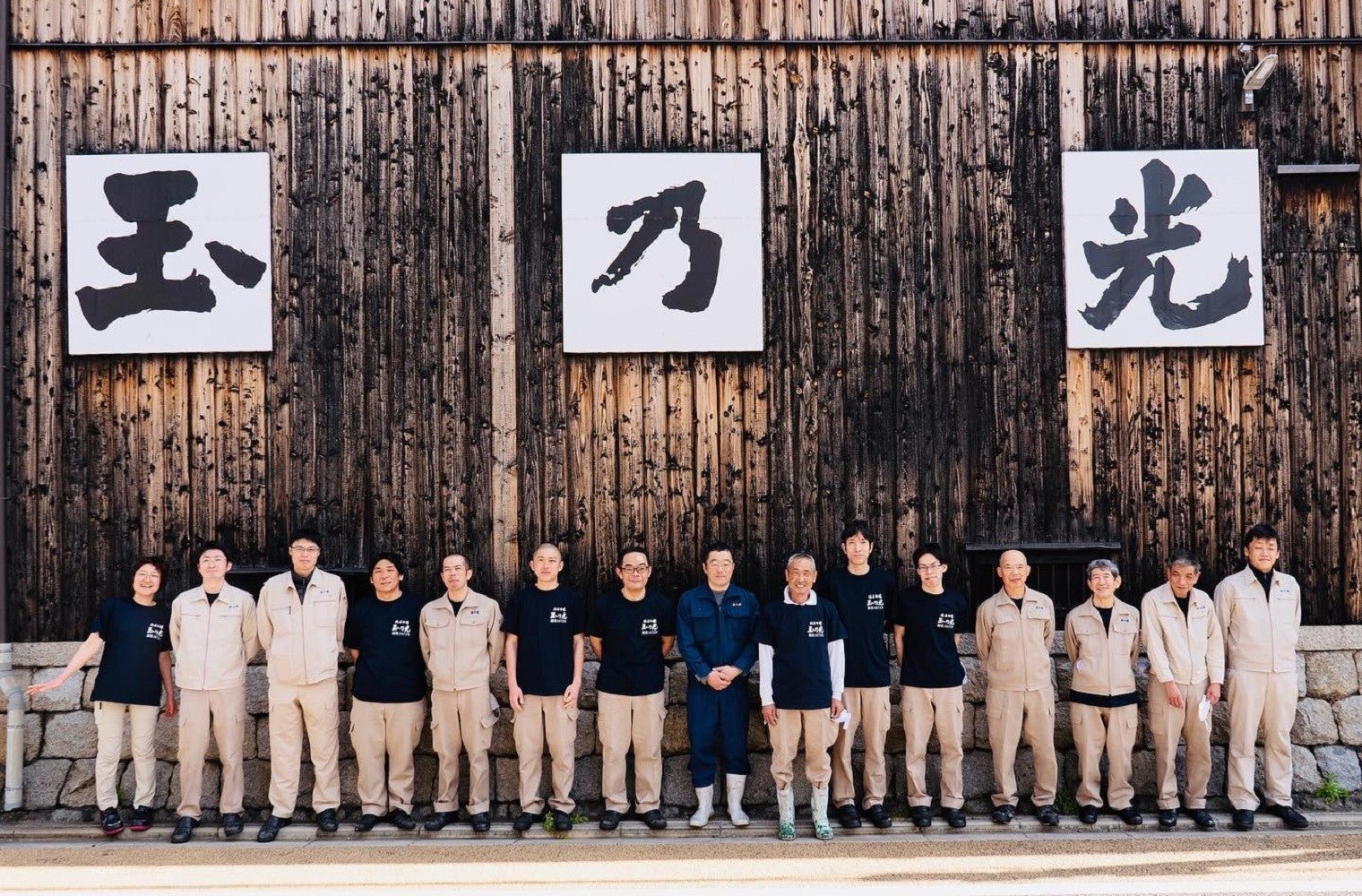The Tamanohikari junmai ginjo is a subtly aromatic sake featuring undertones of rose, melon, strawberry, and green apple, underscored by mineral and mushroom notes.
Its texture is luxuriously creamy with a well-rounded body. This mellow, off-dry sake boasts a delicate, soft flavour profile marked by hints of honey, dried fruits, and cherry pits. The alcohol content, notably high for a non-genshu sake, imparts a sharp edge and a touch of bitterness in the finish.
“With notes of banana, citrus, and melon, this rich and full-bodied sake was designed to complement Iwate Prefecture's famous Maesawa beef.”
An award-winning meat-pairing sake, best savoured in a Bordeaux wine glass. For those who appreciate hot sake, Oshu No Ryu can also be served warmed to accentuate its captivating aromas and flavours.
Characteristics of Iwai Junmai Ginjo
ABV: 16.2%
Grade: Junmai Ginjo
Taste: Rich & Dry
Storage: Keep in a cool dark and dry place
Rice Variety: Iwai
Brewing Method: Sokujo
Polishing Ratio: 60%
Food Pairing
Goes brilliantly with fatty tuna sushi and sashimi.
Recommended Serving Temperature

Chilled
Region
Tamanohikari is located in Kyoto Prefecture.


The Tama No Hikari Brewery
Rice, water, koji, and the human spirit. Nothing but the best sake since 1673. "Tamanohikari was born in 1673. For 340 years, with care and dedication, we have continued to brew the finest sake, striving each year to make it better than the last. We take great care in selecting the type of rice we use and how it is planted. Tamanohikari led the industry in reviving junmai, sake made without added alcohol or sugar. Our sake is made from rice, water, and koji. And the simple wish to make delicious, timeless sake.
In 1964, Tamanohikari revived junmai for the first time in the industry. Because junmai takes up to 1.8 times the rice added-alcohol sake requires, this practice was done at a considerable cost to the brewery. Yet, it could not raise the price of its products in fear that sales would plummet. What is more, few people in those days had a genuine appreciation for junmai. For Tamanohikari, it was one hardship after another.
Still, we believe this centuries-long tradition of making sake only with rice is the way to achieve the authentic flavour of sake. That's why to this day, Tamanohikari brews only junmai.
The Fushimi ward of Kyoto is blessed with excellent groundwater. At Tamanohikari, the water we use for all steps, from washing the sake rice, steaming, and creating the moto yeast starter and the moromi mash, comes from a Momoyama Hills source. Centuries ago, legendary warrior Toyotomi Hideyoshi (1537-1598) pumped the same water for use in his tea ceremonies. Today the source is recognized by Japan's Ministry of the Environment as one of the country's 100 finest waters. So naturally, Tamanohikari is adamant about selecting only the finest rice and koji. But when it comes to water, we simply give thanks to the blessings of the Earth.
Half a century has passed since Tamanohikari revived the tradition of junmai pure rice sake. Today more and more people appreciate the quality of junmai and ginjo pure sake. But still, you could look all over Japan, and you will find only a handful of breweries dedicated to making junmai ginjo and junmai daiginjo. As one of Japan's only junmai ginjo breweries, we will continue to uphold the traditions of years past here in Fushimi, Kyoto, and simply make the best possible sake.
